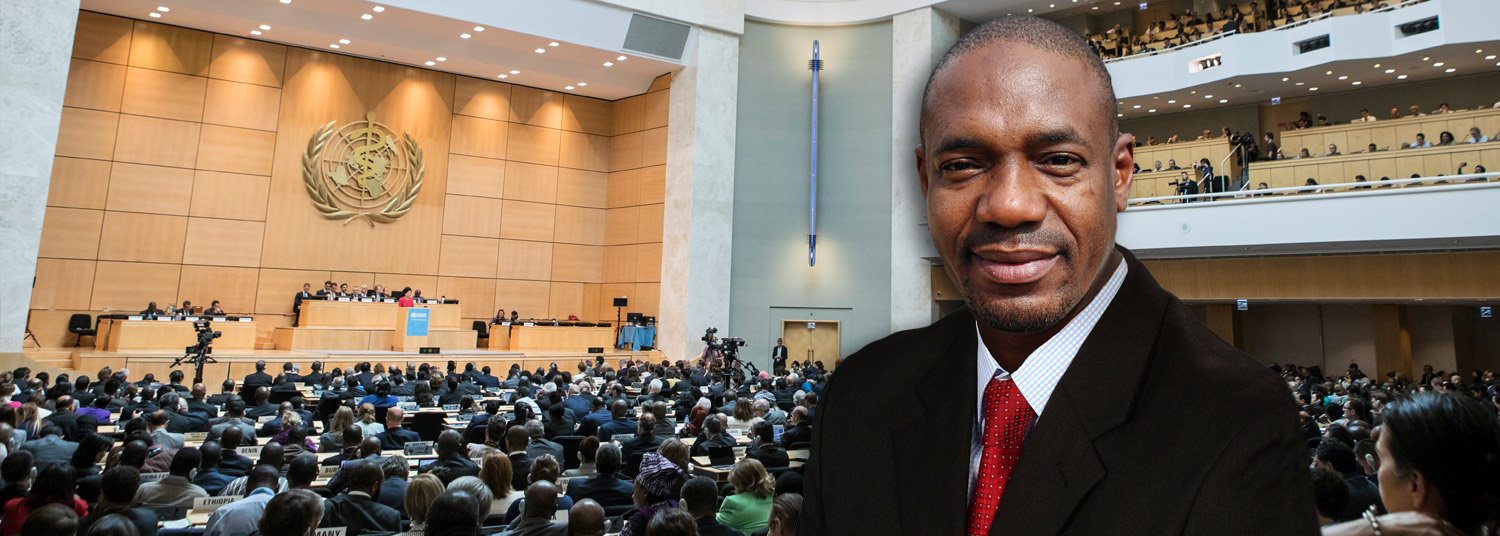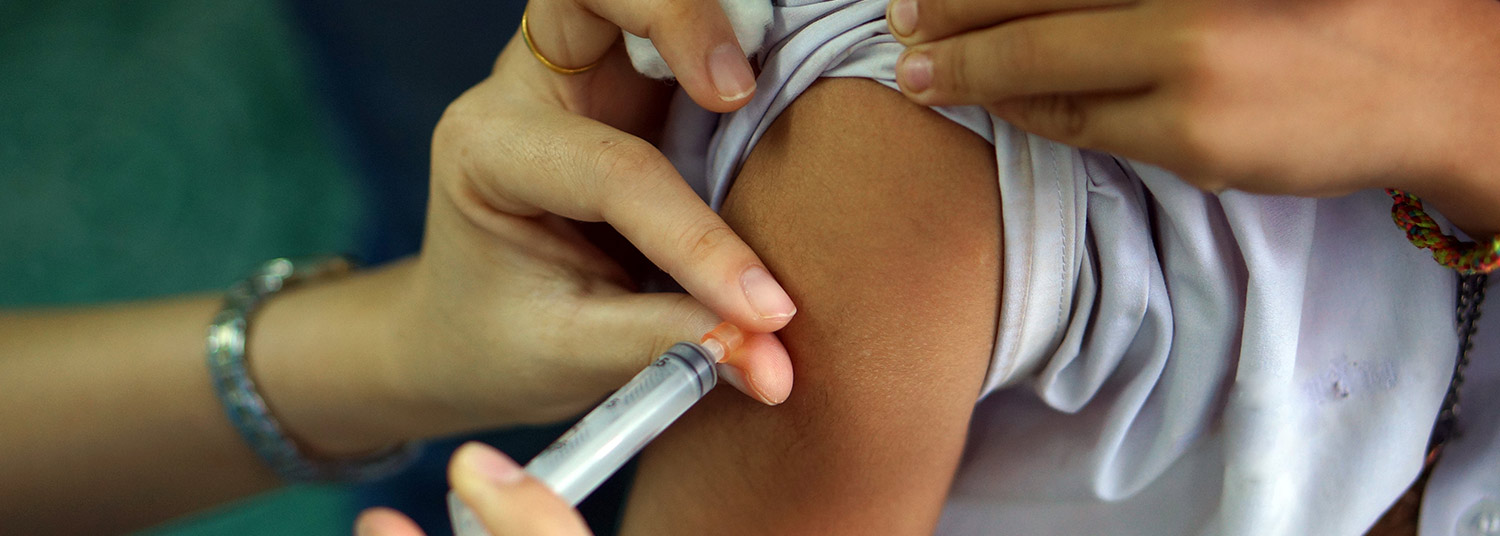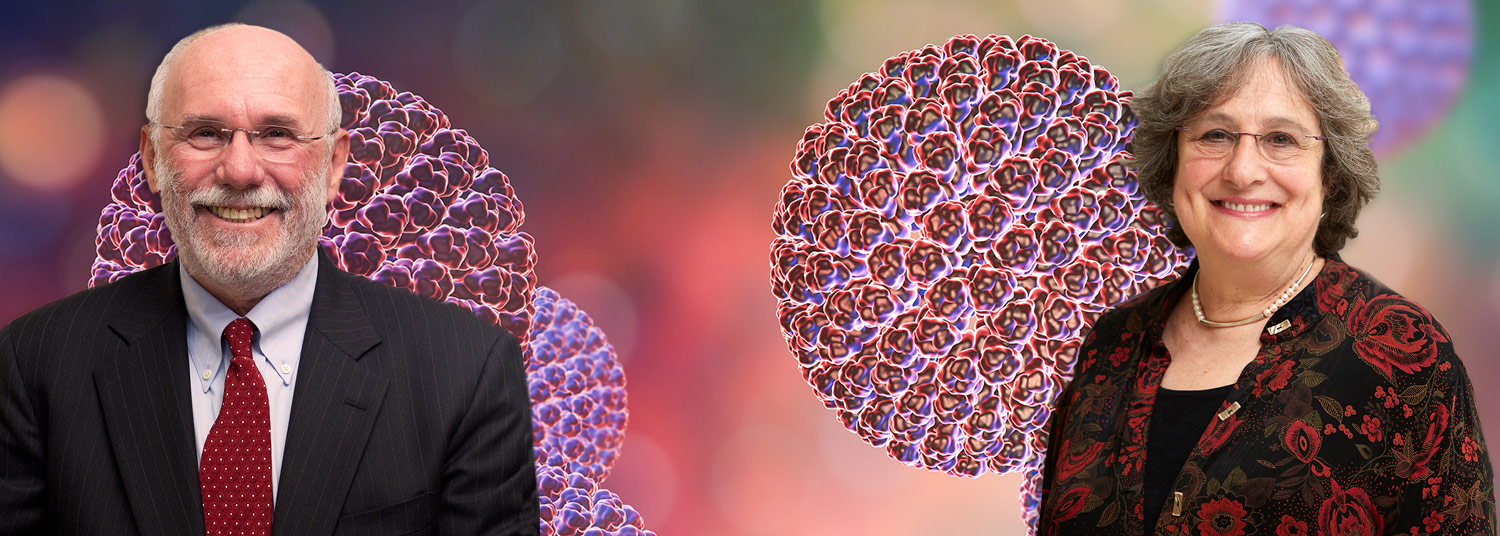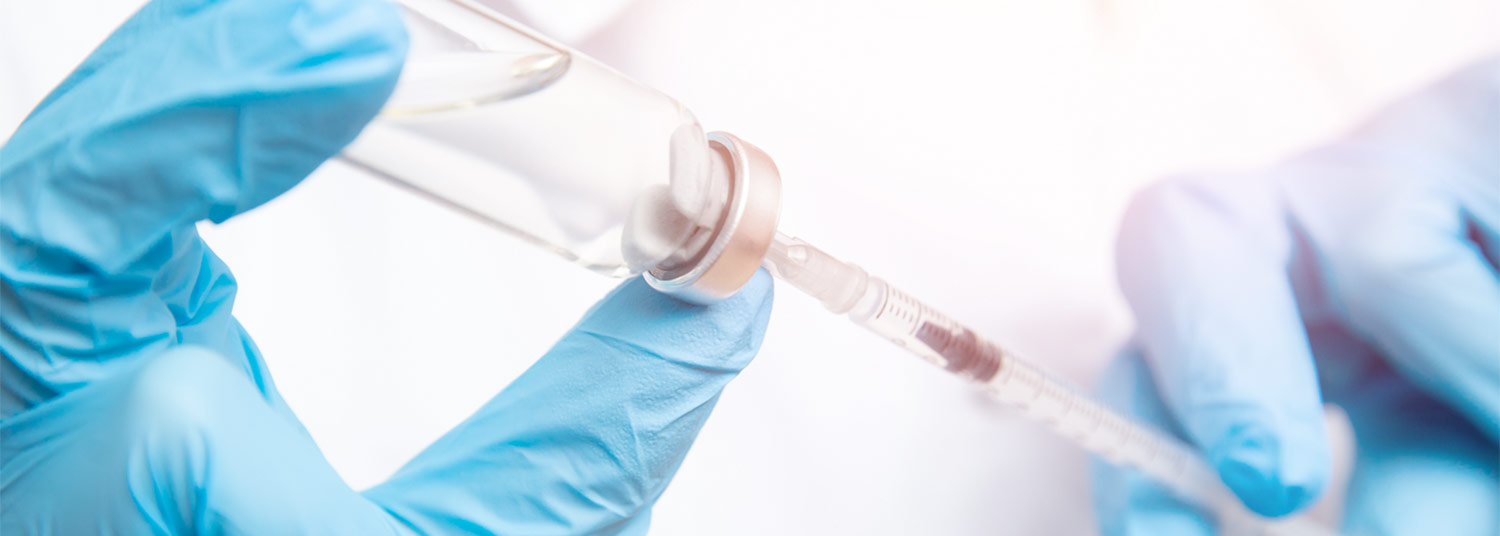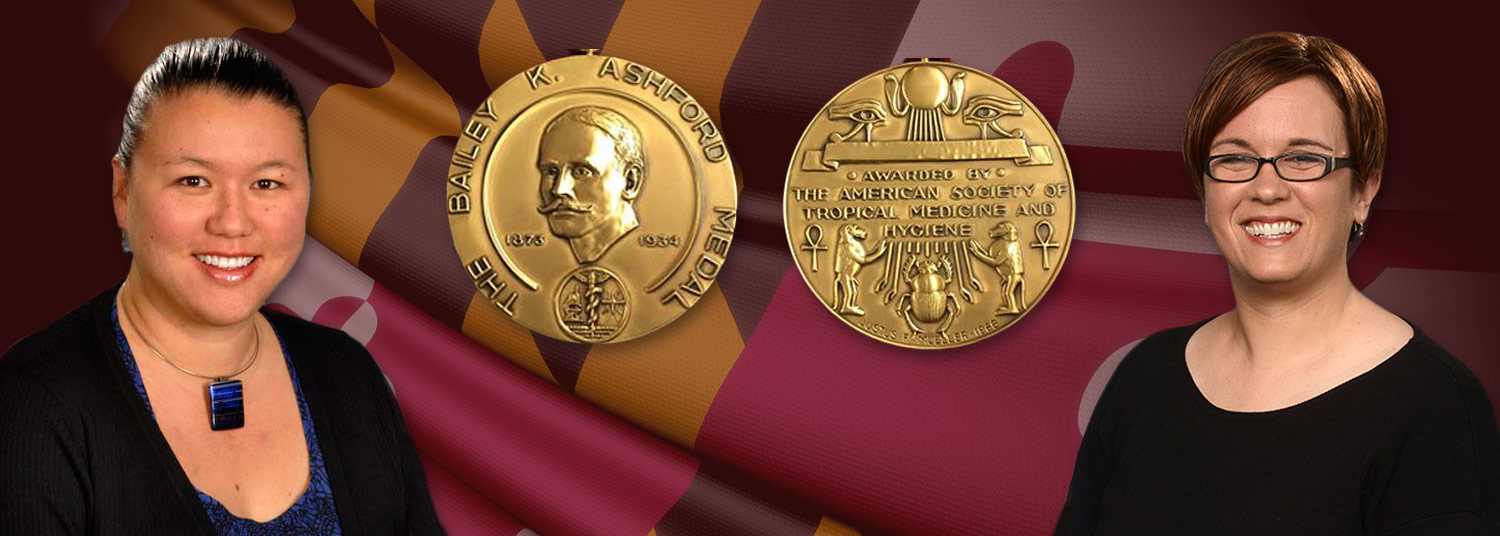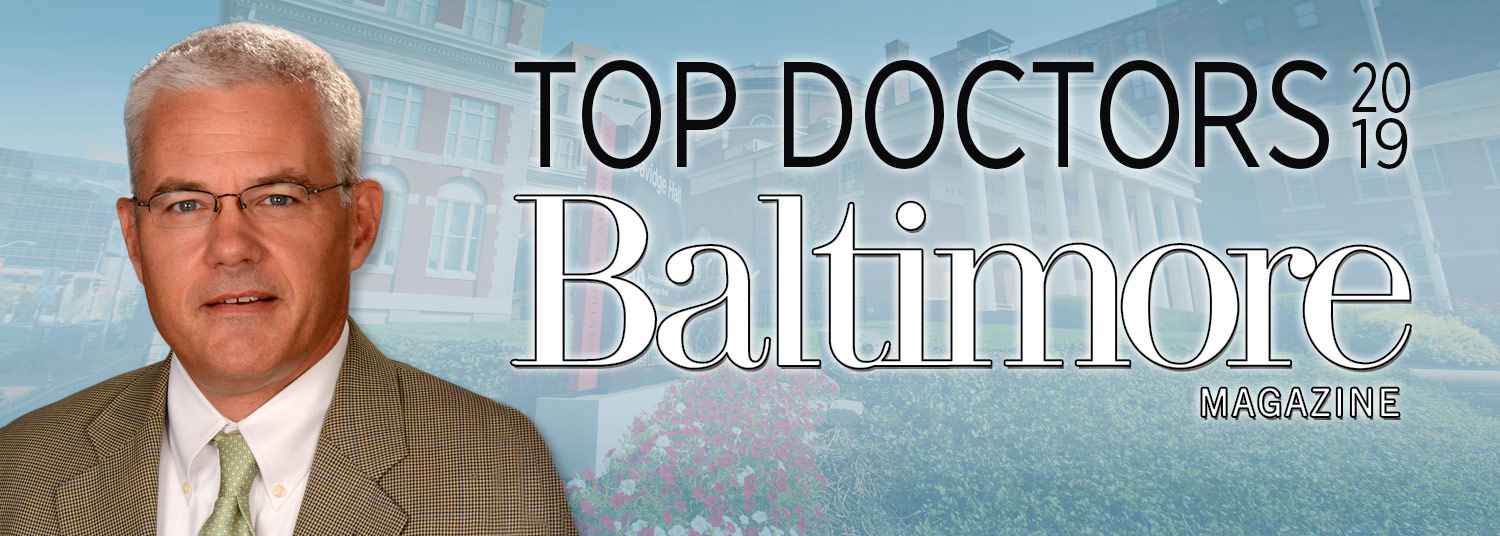January 09, 2020 | Joanne Morrison
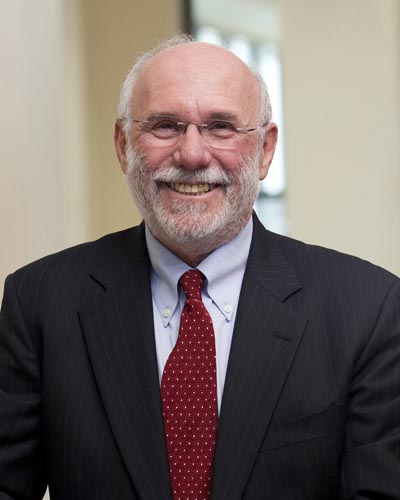
Landmark GEMS Research Could Help Set Path to Reduce Child Mortality Linked to Diarrheal Illness
Diarrheal diseases are a leading cause of death for young children, accounting for nine percent of all deaths worldwide in children under five years of age, with most occurring in children under two years of age. Now, researchers at the University of Maryland School of Medicine (UMSOM) found that even milder cases of diarrheal diseases can lead to death in young children.
This research, the latest report from the Global Enteric Multicenter Study (GEMS), published in Lancet Global Health, “provides a strong rationale for vigorously acting to prevent or to treat all cases of diarrheal illness, regardless of severity,” according to Myron M. Levine, MD, DTPH, the Simon and Bessie Grollman Distinguished Professor and Associate Dean for Global Health, Vaccinology and Infectious Diseases. Dr. Levine, who served as the overall coordinating investigator for GEMS research, led a large international consortium of investigators from North America, Europe, sub-Saharan Africa, South Asia and Australia.
“Our international team of investigators showed that for the individual child moderate-to-severe diarrheal illness posed a significantly greater risk of death than less-severe diarrhea. However, in the overall pediatric populations in which our team worked, more total deaths derive from less-severe cases of diarrhea because they are more than three times more common than moderate-to-severe cases,” said Dr. Levine.
Since many of the deaths occurred more than 14 to 21 days after the children were enrolled in the study, Dr. Levine suggests that where resources and logistics make it feasible active follow-up visits and interventions for all cases of diarrhea could help reduce fatalities.
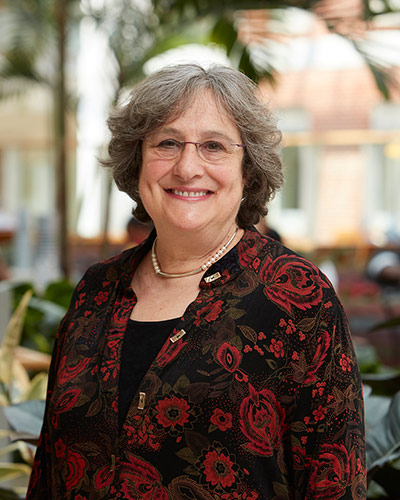 GEMS, funded by the Bill & Melinda Gates Foundation, is the largest, most comprehensive study of childhood diarrheal diseases ever conducted in developing country settings. The study, under the direction of Karen Kotloff, MD, Professor of Pediatrics at UMSOM and the Principal Investigator for Clinical and Epidemiological Research in GEMS, enrolled 22,568 children under five years of age in developing country settings including The Gambia, Kenya, Mali, Mozambique, Bangladesh, India and Pakistan. Dr. Kotloff, previously reported that children who were stunted at baseline (a sign of malnutrition) were significantly more likely to die during the two to three months following their GEMS diarrheal illness. The additional adverse nutritional consequences (stunting) that followed GEMS diarrhea cases may further increase the risk of severe or fatal outcomes.
GEMS, funded by the Bill & Melinda Gates Foundation, is the largest, most comprehensive study of childhood diarrheal diseases ever conducted in developing country settings. The study, under the direction of Karen Kotloff, MD, Professor of Pediatrics at UMSOM and the Principal Investigator for Clinical and Epidemiological Research in GEMS, enrolled 22,568 children under five years of age in developing country settings including The Gambia, Kenya, Mali, Mozambique, Bangladesh, India and Pakistan. Dr. Kotloff, previously reported that children who were stunted at baseline (a sign of malnutrition) were significantly more likely to die during the two to three months following their GEMS diarrheal illness. The additional adverse nutritional consequences (stunting) that followed GEMS diarrhea cases may further increase the risk of severe or fatal outcomes.
Dr. Kotloff noted that the Lancet Global Health report showed that the risk of death from diarrheal illness was greater among young children in the four GEMS sites in sub-Saharan Africa than in the three sites in South Asia. She further noted that at the one site in Asia (Pakistan) where the risk of death following diarrhea was higher than at the other two Asian sites (India and Bangladesh), the Pakistani children were significantly more malnourished at baseline, providing further proof that malnutrition unfavorably affects the outcome of diarrheal illness.
Leading Cause of Death in Young Children
Globally, diarrheal diseases are the second leading cause of death among children under five years after the newborn period, despite the existence of effective treatments such as oral rehydration solutions (ORS) and zinc supplements and preventions such as rotavirus vaccines. This amounts to more than half a million deaths each year globally. Although many different bacteria, viruses and protozoal pathogens cause diarrheal disease, this recent report from GEMS shows that a relatively small number of pathogens were associated with a significantly increased risk of death, including three different categories of diarrhea-causing Escherichia coli, Shigella, Aeromonas, and two protozoans (Cryptosporidium and Entameba histolytica). Among these pathogens, Shigella can cause both dysenteric (gross blood in diarrheal stools) and non-dysenteric clinical forms of moderate-to-severe diarrhea. Whereas dysentery is an indication for treatment with anti-Shigella antibiotics, non-dysenteric diarrhea is not typically treated with antibiotics. Thus, it was of particular interest to observe that Shigella not only significantly increased the risk of death in children with non-dysenteric moderate-to-severe diarrhea, but it was also quite common when detected by highly sensitive molecular diagnostic techniques.
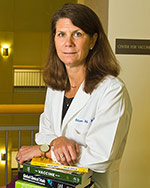 “CVD’s GEMS research provides important data showing the need to better prevent and treat diarrheal illness. Over the past decade we’ve seen a decline in child mortality linked to diarrheal illness, but certainly more needs to be done,” said Kathleen Neuzil, MD, MPH, the Myron M. Levine Professor in Vaccinology, Professor of Medicine and Pediatrics and Director of the Center for Vaccine Development and Global Health (CVD).
“CVD’s GEMS research provides important data showing the need to better prevent and treat diarrheal illness. Over the past decade we’ve seen a decline in child mortality linked to diarrheal illness, but certainly more needs to be done,” said Kathleen Neuzil, MD, MPH, the Myron M. Levine Professor in Vaccinology, Professor of Medicine and Pediatrics and Director of the Center for Vaccine Development and Global Health (CVD).
 The research is designed to help set a path for better prevention and treatment of diarrheal illness in children. “This research underscores our commitment to take on the most challenging illnesses for the world’s vulnerable populations,” said Dean E. Albert Reece, MD, PhD, MBA. “Our Global Enteric Multicenter Study research continues to serve as a key guide for policy makers as they move toward preventing child mortality and designing the best interventions for children suffering from diarrheal illness,” added Dean Reece, who is also Executive Vice President for Medical Affairs, UM Baltimore, and the John Z. and Akiko K. Bowers Distinguished Professor, University of Maryland School of Medicine.
The research is designed to help set a path for better prevention and treatment of diarrheal illness in children. “This research underscores our commitment to take on the most challenging illnesses for the world’s vulnerable populations,” said Dean E. Albert Reece, MD, PhD, MBA. “Our Global Enteric Multicenter Study research continues to serve as a key guide for policy makers as they move toward preventing child mortality and designing the best interventions for children suffering from diarrheal illness,” added Dean Reece, who is also Executive Vice President for Medical Affairs, UM Baltimore, and the John Z. and Akiko K. Bowers Distinguished Professor, University of Maryland School of Medicine.
About the University of Maryland School of Medicine
Now in its third century, the University of Maryland School of Medicine was chartered in 1807 as the first public medical school in the United States. It continues today as one of the fastest growing, top-tier biomedical research enterprises in the world -- with 45 academic departments, centers, institutes, and programs; and a faculty of more than 3,000 physicians, scientists, and allied health professionals, including members of the National Academy of Medicine and the National Academy of Sciences, and a distinguished two-time winner of the Albert E. Lasker Award in Medical Research. With an operating budget of more than $1.2 billion, the School of Medicine works closely in partnership with the University of Maryland Medical Center and Medical System to provide research-intensive, academic and clinically based care for nearly 2 million patients each year. The School of Medicine has more than $540 million in extramural funding, with most of its academic departments highly ranked among all medical schools in the nation in research funding. As one of the seven professional schools that make up the University of Maryland, Baltimore campus, the School of Medicine has a total population of nearly 9,000 faculty and staff, including 2,500 student trainees, residents, and fellows. The combined School of Medicine and Medical System (“University of Maryland Medicine”) has an annual budget of nearly $6 billion and an economic impact more than $15 billion on the state and local community. The School of Medicine faculty, which ranks as the 8th highest among public medical schools in research productivity, is an innovator in translational medicine, with 600 active patents and 24 start-up companies. The School of Medicine works locally, nationally, and globally, with research and treatment facilities in 36 countries around the world. Visit medschool.umaryland.edu
About the UMSOM Center for Vaccine Development and Global Health
For over 40 years, researchers in the Center for Vaccine Development and Global Health have worked domestically and internationally to develop, test, and deploy vaccines to aid the world’s underserved populations. CVD is an academic enterprise engaged in the full range of infectious disease intervention from basic laboratory research through vaccine development, pre-clinical and clinical evaluation, large-scale pre-licensure field studies, and post-licensure assessments. CVD has worked to eliminate vaccine-preventable diseases. CVD has created and tested vaccines against cholera, typhoid fever, paratyphoid fever, non-typhoidal Salmonella disease, shigellosis (bacillary dysentery), Escherichia coli diarrhea, nosocomial pathogens, tularemia, influenza, malaria and other infectious diseases. CVD’s research covers the broader goal of improving global health by conducting innovative, leading research in Baltimore and around the world. CVD researchers are developing new and improved ways to diagnose, prevent, treat, control, and eliminate diseases of global impact. Currently, these diseases include typhoid, Shigella, E. coli diarrhea, malaria, and other vaccine-preventable infectious diseases. CVD researchers have been involved in critical vaccine development for emerging pathogens such as Ebola and Zika. In addition, CVD’s work focuses on the ever-growing challenge of anti-microbial resistance.
About the Bill and Melinda Gates Foundation
Guided by the belief that every life has equal value, the Bill & Melinda Gates Foundation works to help all people lead healthy, productive lives. In developing countries, the foundation focuses on improving people’s health and giving them a chance to lift themselves out of hunger and extreme poverty. In the United States, it seeks to ensure that all people—especially those with the fewest resources—have access to the opportunities they need to success in school and life. Based in Seattle, Washington, the foundation is led by CEO Sue Desmond-Hellmann and Co-chair William H. Gates Sr., under the direction of Bill and Melinda Gates and Warren Buffett.
Contact
Office of Public Affairs
655 West Baltimore Street
Bressler Research Building 14-002
Baltimore, Maryland 21201-1559
Contact Media Relations
(410) 706-5260
Joanne Morrison
Director of Marketing and Public Relations
University of Maryland School of Medicine
jmorrison@som.umaryland.edu
Office: (410) 706-2884
Mobile: (202) 841-3369
Related stories

Wednesday, October 30, 2019
UM School of Medicine's Myron M. Levine, MD, DTPH, to Receive Prestigious Lifetime Award for Five Decades of Pioneering Vaccine Research
Myron M. Levine, MD, DTPH, the Simon and Bessie Grollman Distinguished Professor at the University of Maryland School of Medicine (UMSOM), Associate Dean for Global Health, Vaccinology and Infectious Diseases, and Founder and Former Director of the Center for Vaccine Development and Global Health (CVD) is a co-recipient of the 2020 Research! America Geoffrey Beene Foundation Builders of Science Award for his pioneering vaccine and infectious disease research.
